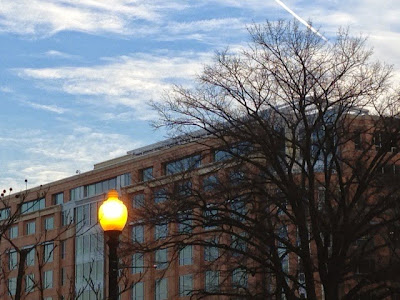Radical Love
Usually on Valentine’s Day I write about personal love. And I’m certainly thinking of it today, feeling grateful for my family and friends, all those I hold dear. But these are extraordinary times, and they call for the most radical and extreme of actions.
They call for love.
“If we are stretching to live wiser and not just smarter,” says Krista Tippett in her book Becoming Wise, “we will aspire to learn what love means, how it arises and deepens, how it withers and revives, what it looks like as a private good but also a common good.”
Tippett, the host of NPR’s “On Being,” describes the love shown by 1960s civil rights workers, their belief in the “beloved community” that meant they were fighting for equality with courtesy and kindness. “This was love as a way of being, not a feeling, which transcended grievance and painstakingly transformed violence,” Tippett writes.
Though her book was published just last year, it already seems to hail from another era, a time when were not yet as deeply divided as we are now. Tippett doesn’t address the division as much as she would had she been writing a year later, but reading her book makes me think about how much further we’d be if treated each other with courtesy and kindness.
Maybe love is what we need, love translated into forbearance and understanding, into biting our tongues and holding our applause. Divisiveness got us into this mess. Maybe love can get us out.
